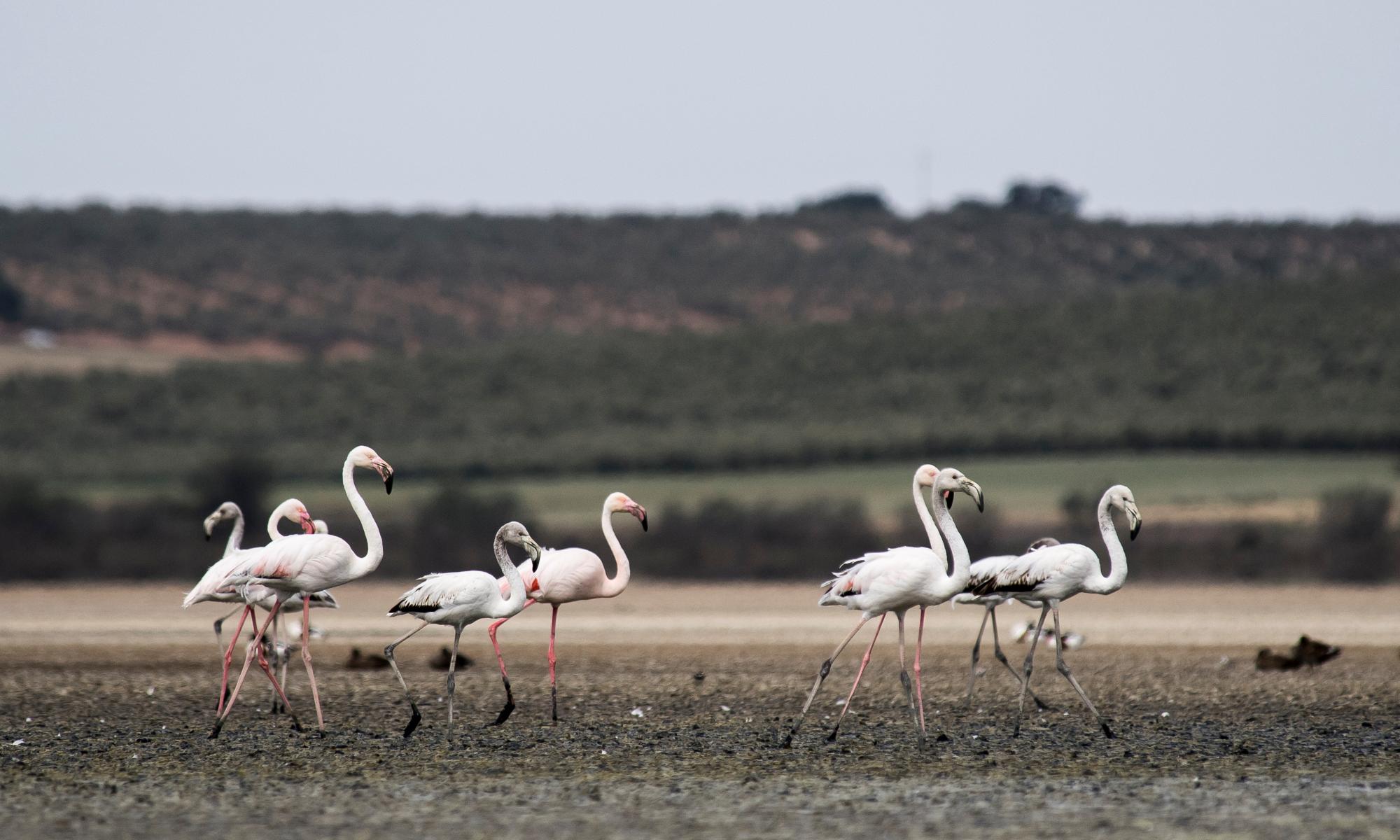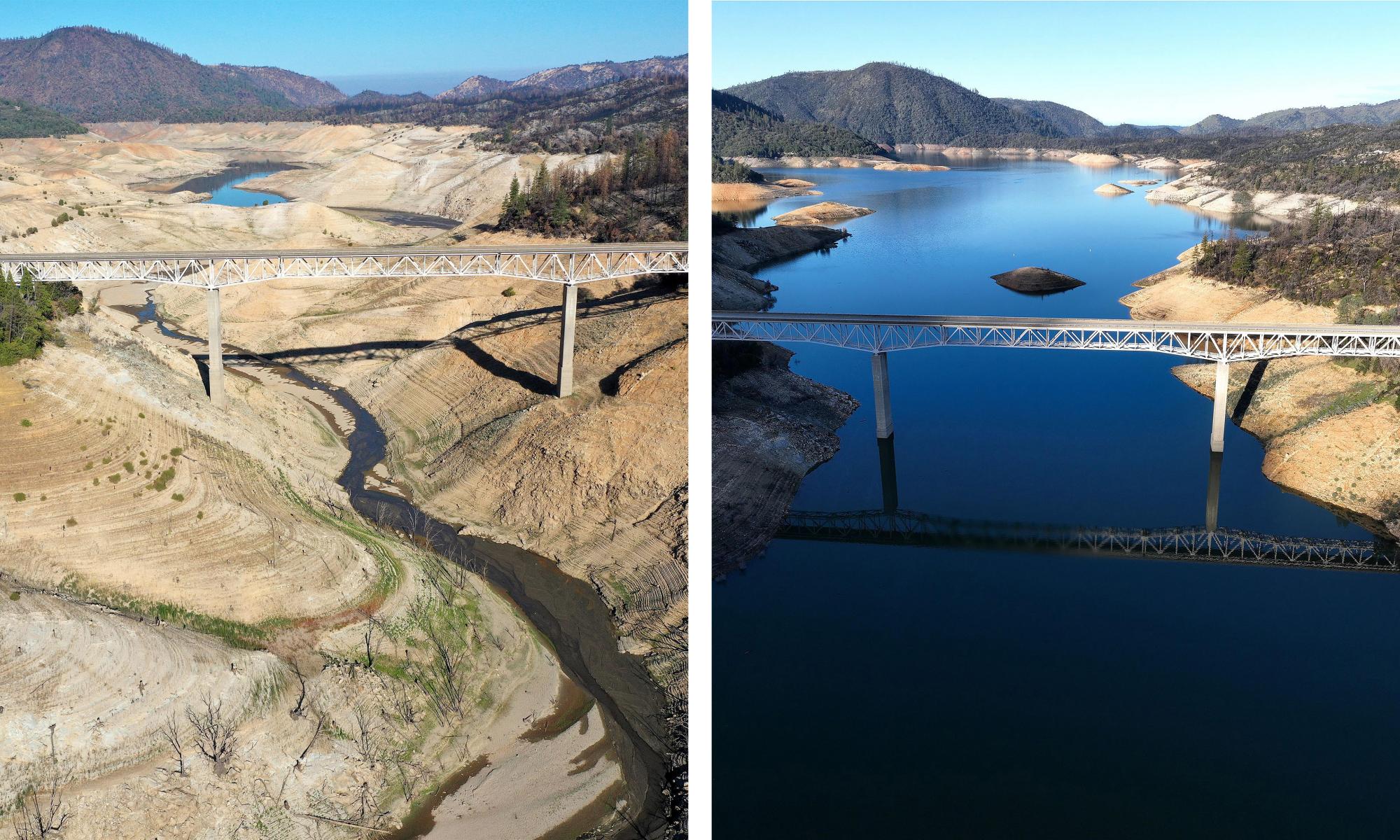Banks that have signed up to a global climate pledge, led by Mark Carney, a former governor of the Bank of England, can still invest unlimited amounts in coal mining and coal power, despite promises to tighten the rules on their lending.
Green campaigners have slammed the loopholes, uncovered by the Guardian, as “greenwashing”, after updated criteria for banks involved in the Glasgow Financial Alliance for Net Zero (GFANZ) were unveiled on Wednesday.
These loopholes would allow banks to continue to make new investments in coal until this time next year.
GFANZ members can also maintain their existing investments in coal and other fossil fuels beyond 2023, subject to an eventual “phasing down and out” of these assets.
Campaigners said these conditions were inadequate to the scale of the climate challenge.
Beau O’Sullivan, senior campaigner for Bank On Our Future, said GFANZ member banks could get away without taking real action on greenhouse gas emissions. “Despite all its efforts today, GFANZ is yet to explicitly outlaw financing and investment in coal companies that are still building new coal-fired power stations – which is baffling. You can say you’re aiming for 1.5C and net zero, but it is meaningless to have this aspiration without clear requirements to phase out all support for coal along science-based timelines.”
GFANZ was launched with fanfare at the Cop26 UN climate summit in Glasgow last November by Carney, bringing together more than 450 big banks and financial institutions to help the world meet its net zero emissions target. Membership is taken to be a seal of green approval, showing banks are aligned with the global goal of limiting temperature rises to 1.5C above pre-industrial levels.
GFANZ members, worth $130tn at the time of Cop26, are pouring billions of dollars in funding each year into clean energy. However, many members are also continuing to pour billions into fossil fuels, and are permitted to do so under GFANZ criteria.
These rules were criticised as too loose at the launch, and have now been updated, by a UN grouping called Race to Zero, an initiative to encourage companies to set their own targets to reach net zero emissions. This update, in a 113-page “recommendation and guidance” document, was hailed as an improvement on the original criteria.
However, the Guardian has ascertained that in the small print GFANZ members will still be allowed to invest in new coal projects for a further year from now, and that their existing investments in coal and other fossil fuels can also continue for years, subject to some restrictions.
O’Sullivan said: “The only real action we’ve seen from banks is to up their greenwashing budget. GFANZ has huge potential, but sadly it’s providing financial institutions with cover to continue, with a few exceptions, business as usual. They need to make a plan to get out of all fossil fuels, including oil and gas, and stop their funding of the [fossil fuel] sector’s growth right now.”
Mary Schapiro, former chair of the US Securities and Exchange Commission, and currently vice-chair of GFANZ, said: “I personally believe that there is no excuse for new investment in new coal. The science on coal is clear – new coal capacity is not consistent with achieving net zero, and existing coal capacity needs to be phased down or out, in line with the scale-up of clean energy replacements.”
GFANZ members, split into seven sectoral groupings or “alliances”, are asked to follow criteria set by the Race to Zero. Members are now being consulted on how to implement the proposed changes to the guidelines for their sector.
Schapiro said: “Each alliance will develop guidelines that articulate how members must adjust their approach to doing business with, or investing in, companies with coal assets to ensure they are no longer supporting development of new coal projects.”
Lorne Stockman, research co-director at the campaign group Oil Change International, said the banks should comply with the advice from the International Energy Agency, which said last year that all new exploration and development of fossil fuels must stop from this year, for the world to have a chance of sticking to the 1.5C limit.
Stockman said: “It is past time that all new energy investment is targeted at the solutions to the climate crisis. The current energy crisis is caused by our continued dependence on fossil fuels and no investment in new fossil fuel supply will address the issues we face in the short term.”
Paddy McCully, senior analyst at Reclaim Finance, said: “GFANZ is going to have to stop waffling on fossil fuels and will have to insist that its members stop providing financial services to the companies driving the climaticide of coal, oil and gas expansion, while massively increasing their financing of the clean energy transition.”
GFANZ members are asked to commit to “halting deforestation and phasing down and out all unabated fossil fuels as part of a global just transition”; members “must restrict the development, financing, and facilitation of new fossil assets”; financial institutions must include in their targets all the emissions caused by their investments, lending, underwriting and insurance; develop transition plans to show how they will meet their commitments, including what actions they will take within the following 12 months, two to three years, and by 2030; and members must halve their emissions by 2030.
A spokesman for Race to Zero said: “It has always been implicit that new coal investment is not commensurate with Race to Zero. What has changed today is that we are being explicit that members need to demonstrate to their partner initiatives that they are not investing in new coal.
“Partners have 12 months from now to ensure that these clarified criteria are being implemented by their existing members, and this compliance will be assessed at the time of each partner’s annual review.”


